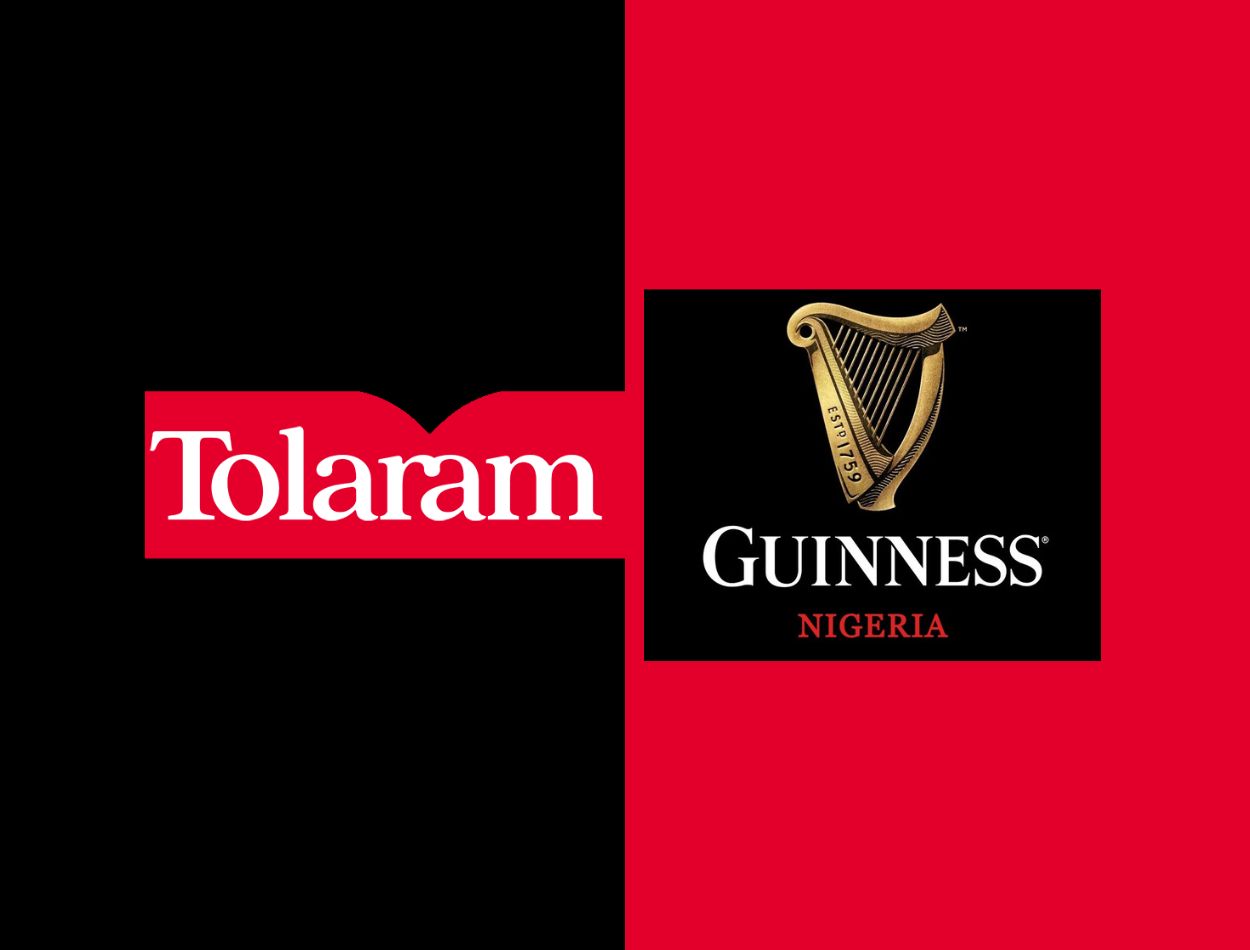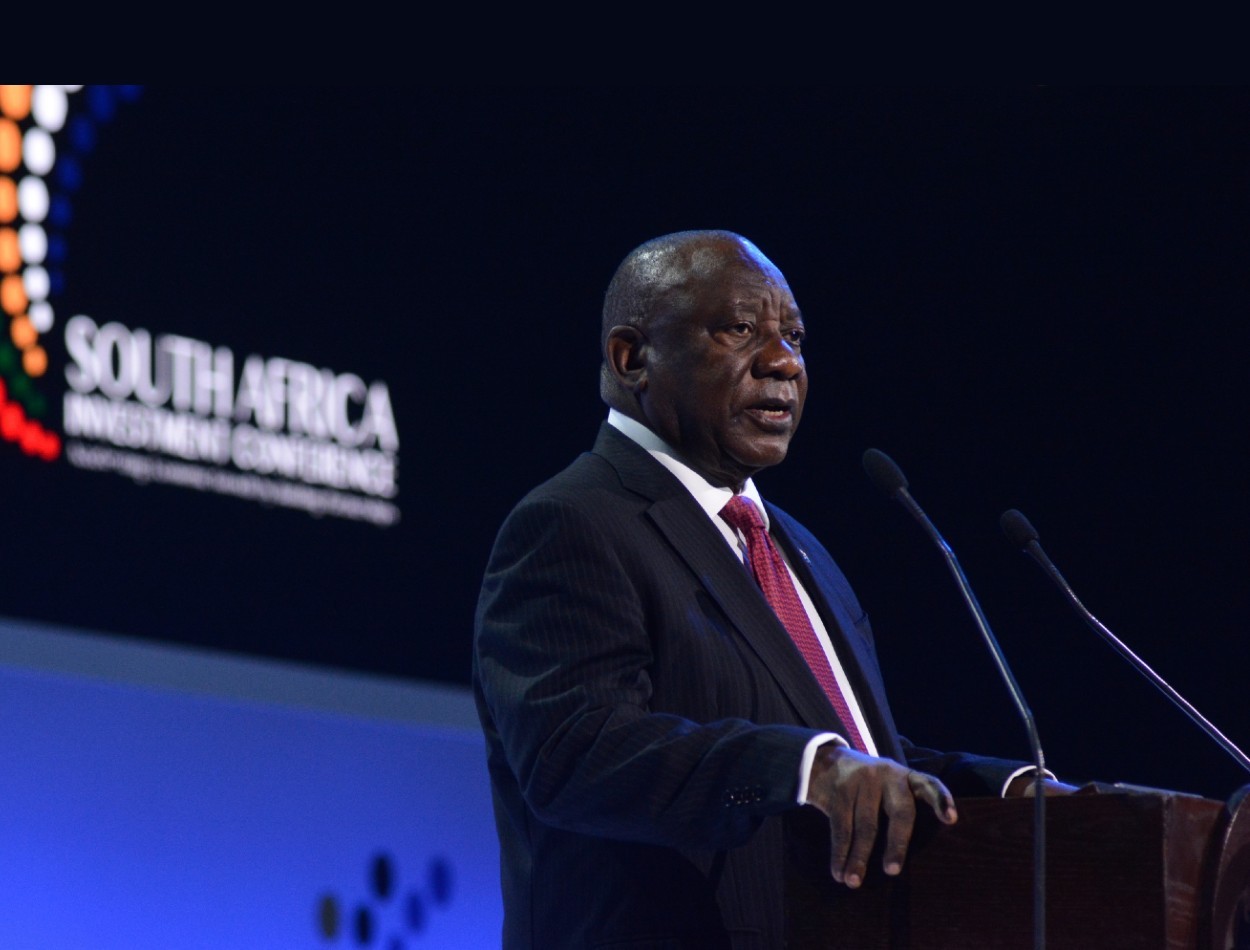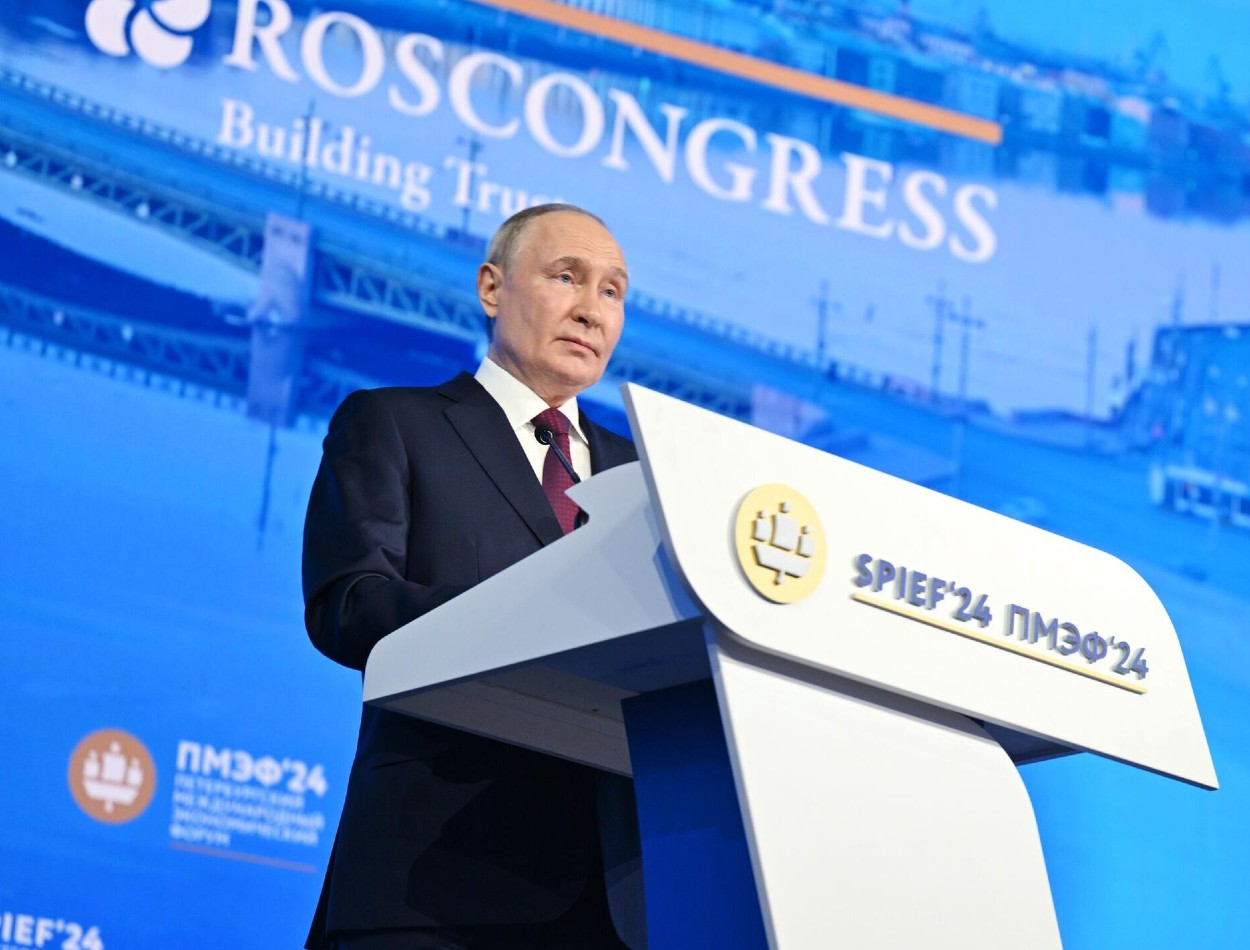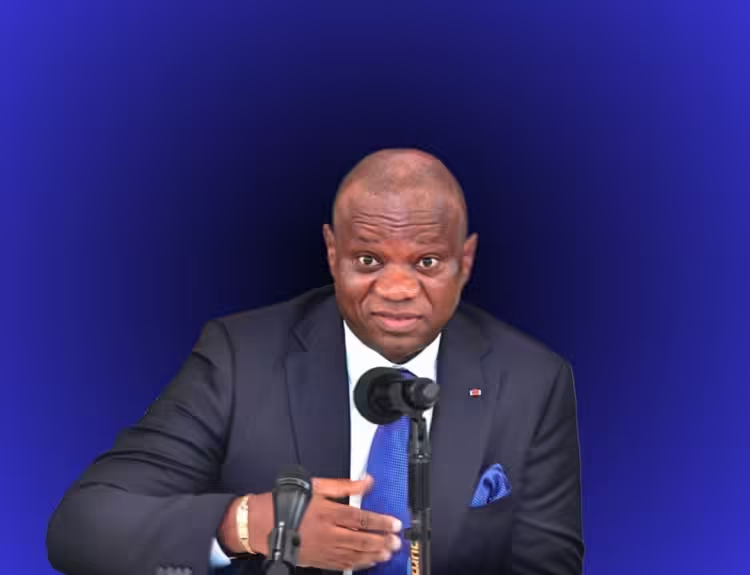Diageo, the global spirits giant, is selling its majority stake in its subsidiary, Guinness Nigeria, as it becomes the latest Western company to scale down its presence in Nigeria. This move comes in response to a prolonged currency crisis and economic downturn in the West African country.
Diageo will sell its 58% shareholding in the Lagos-listed company to the Singaporean conglomerate Tolaram for 81.60 Nigerian naira per share, or approximately 103 billion Nigerian naira ($70 million).
Tolaram, which has joint ventures with several leading consumer goods multinationals such as Kellanova and Colgate-Palmolive, is one of the largest consumer goods companies in Africa, with combined investments of more than $1 billion in Nigeria. It is part of a growing trend of non-Western companies stepping in to fill the void left by departing Western firms.
“The acquisition of Guinness Nigeria marks a pivotal moment in Tolaram’s journey of growth and diversification,” said Haresh Aswani, Tolaram’s managing director in Africa. “We are thrilled to welcome a company with such a rich legacy and strong consumer loyalty into our ecosystem.”
Trevor Stirling, a Bernstein analyst, noted that the deal could be a sign that Diageo is considering a more extensive retreat from the beer market in Africa. He pointed to the company’s sale of Guinness Cameroon to Castel in 2022 as an indicator of this potential shift.
Contents
Why are multinational leaving Nigeria?
Diageo is the latest in a worrying trend that has seen several multinational companies leave the Nigerian market. The West African country, once very attractive to foreign investors, is currently experiencing its worst cost-of-living crisis in a generation, with inflation at a three-decade high of 33.7%.
Since January 2023, no fewer than seven Western consumer goods companies have exited Nigeria, driven by a chronic shortage of foreign exchange and a sharp decline in the value of the local naira currency.
The volatile exchange rate has been a significant challenge. Fixed costs for raw materials and other inventory, mostly invoiced in dollars, have become burdensome with the naira’s depreciation.
Additionally, foreign companies have faced difficulties repatriating their revenues due to foreign exchange shortages. A $7 billion backlog owed by the Central Bank of Nigeria to business groups was only just resolved in March.
The economic situation has been exacerbated by policy changes instituted by Nigeria’s President Bola Ahmed Tinubu.
The president announced the removal of fuel subsidies and directed the Central Bank of Nigeria (CBN) to begin monetary policy reforms, including abolishing multiple exchange rate windows in favour of a business-based Investors and Exporters (I&E) window. Despite these changes, the scarcity of foreign exchange persists, impacting multinationals reliant on forex availability and the purchasing power of Nigerians, which has been dampened by rising inflation.
Multinationals that have exited Nigeria Since 2023
Unilever
In March 2023, Unilever announced its decision to exit the home care and skin cleansing market in Nigeria. The company, known for brands such as Omo, Sunlight, and Lux, cited changes in its business strategy and the challenging economic environment as reasons for its departure. This came after the company suffered a loss of N1.09 billion in the third quarter of 2023.
Kimberly-Clark
Kimberly-Clark Corporation, the maker of the popular Huggies nappy brand, ended its Nigeria operations in May 2023, just two years after restarting a $100 million manufacturing plant in Lagos. The company faced significant operational challenges due to the economic environment.
GSK (GlaxoSmithKline)
In July 2023, GSK, Nigeria’s second-biggest pharmaceutical producer, announced the end of its manufacturing operations in the country. GSK, headquartered in the UK, shifted to a model where its prescription medicines and vaccines would be sold through third-party distributors, ending direct operations.
“The Board of GlaxoSmithKline Consumer Nigeria Plc has concluded that there is no alternative but to cease operations,” GSK said in an official statement.
Bolt Food
Bolt Food, the online food-ordering arm of the ride-hailing company Bolt, announced it would discontinue food delivery operations in Nigeria two years after launching in the market. The company cited the need to streamline resources and maximize efficiency as the primary reasons for its exit.
Jumia Food
Jumia Food, another food-ordering platform, announced it was shutting down its food delivery operations in Nigeria to focus on its core physical goods business and the Jumia Pay platform across its 11 countries of operation.
Equinor
In November 2023, Equinor Nigeria Energy Company (ENEC), a Norwegian energy corporation, announced the sale of its Nigerian operations, including its stake in the Agbami oil field, to a Nigerian-owned firm, Chappal Energies. This marked the end of Equinor’s three-decade presence in Nigeria.
Procter & Gamble (P&G)
The US consumer goods powerhouse Procter & Gamble (P&G) announced in December 2023 that it would shut down manufacturing in Nigeria. The company, which had been operating in the country for 30 years, will pivot to import-only activity due to the challenging economic conditions.
Sanofi-Aventis
The French pharmaceutical multinational, Sanofi, announced in November 2023 that it would
quit its direct operations in Nigeria and appoint a third-party distributor for its commercial portfolio of medicines starting February 2024.
Microsoft
In May 2024, two years after Microsoft Corp opened its African Development Center in Lagos, the world’s most valued company decided to close the centre. “Microsoft has decided to close the Africa Development Centre in Nigeria, and as a result, some of our employees based in Nigeria will be impacted,” a Microsoft spokesperson told Reuters






